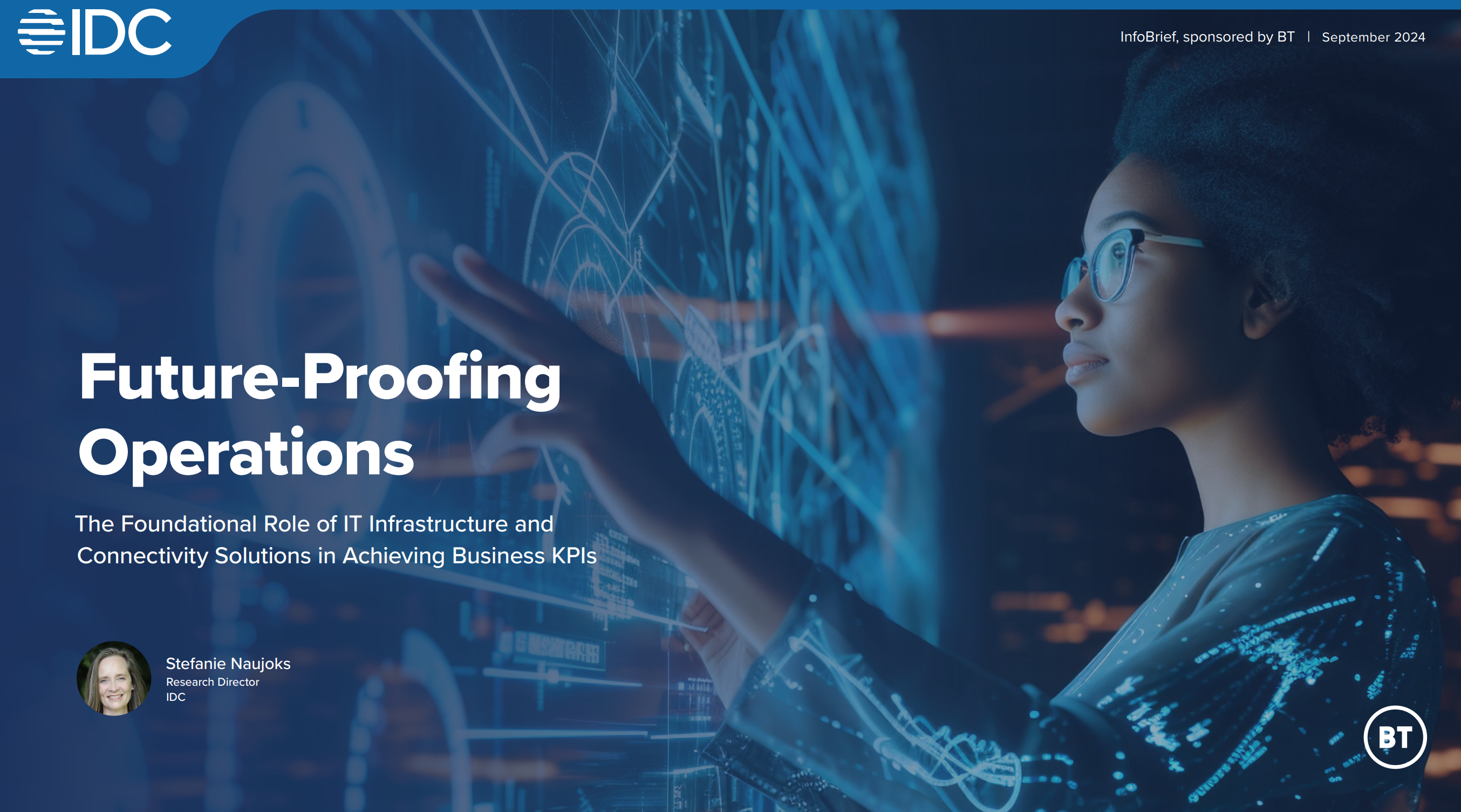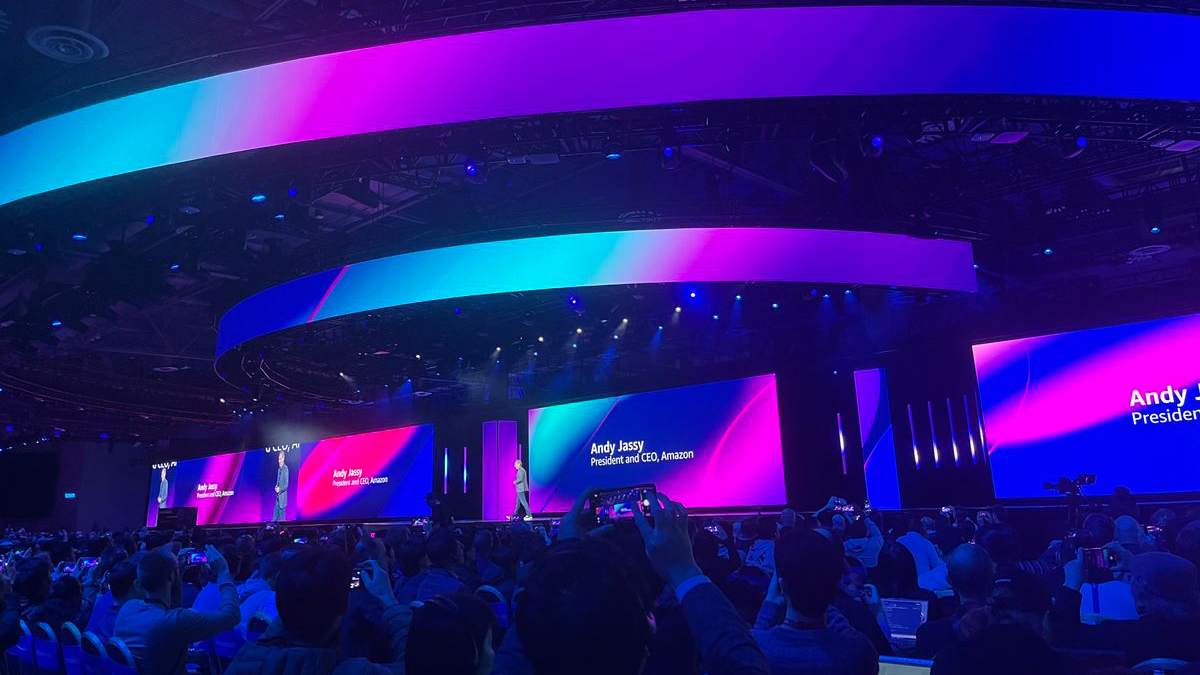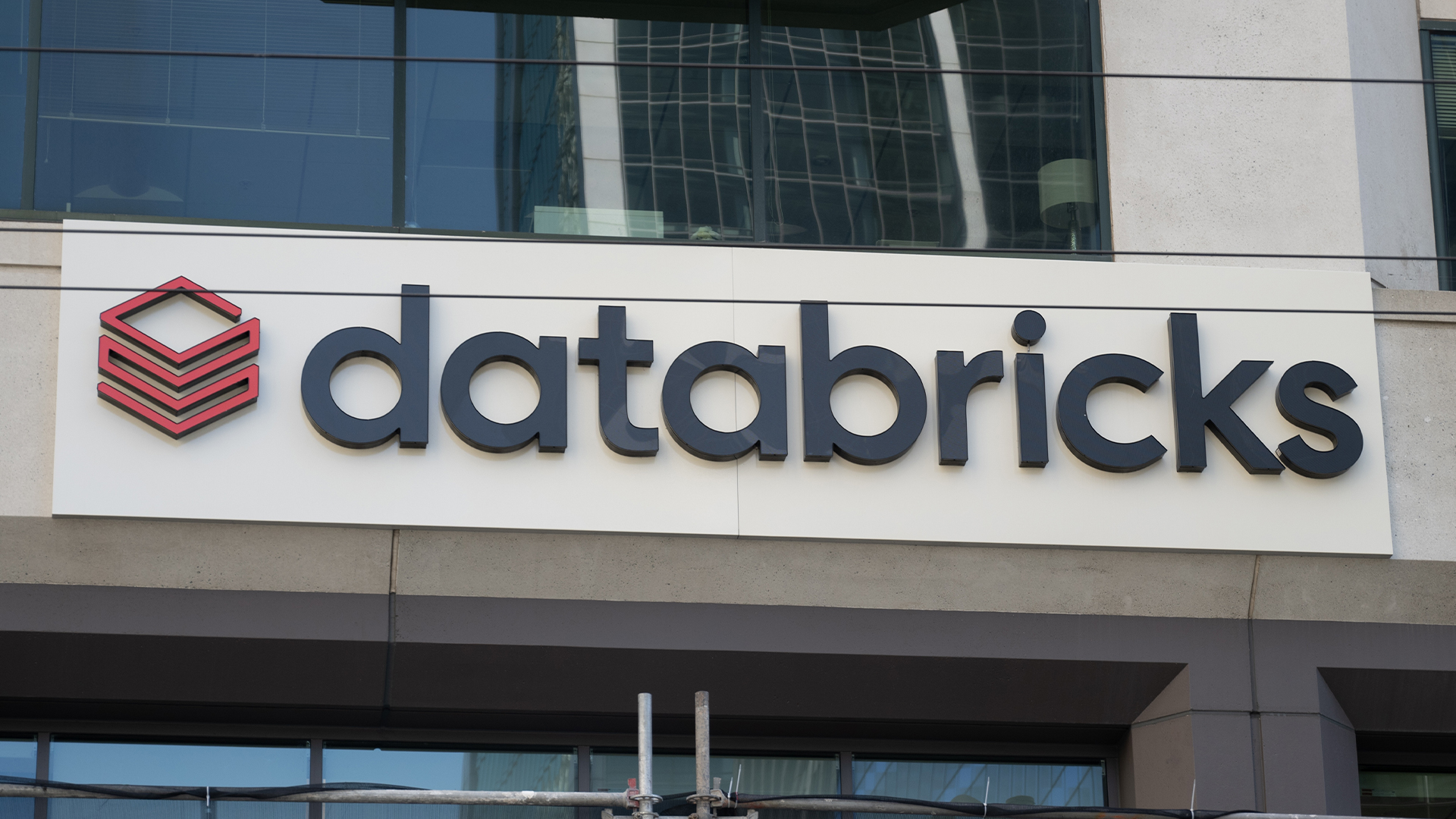AWS goes all in on AI agents with new features for Bedrock and Amazon Q
Agentic customizability is coming to Bedrock and the Amazon Q developer assistant


AWS has unveiled a range of new agentic AI features for its Amazon Bedrock and Amazon Q platforms, giving customers the ability to both build and deploy agents for different workflows.
Unveiled at AWS re:Invent 2024, the first announcement focused on giving customers the tools to build not just their own agents, but entire teams of agents that can be coordinated to complete more complex tasks.
AWS announced it would be expanding its existing agentic offering, Amazon Bedrock Agents, to support this multi-agent collaboration.
Under the new service, customers can create agents to complete specific tasks alongside the option to create a ‘supervisor’ agent to manage the other agents.
This supervisor coordinates the project, routing tasks to other agents or giving certain agents access to information.
“Bedrock takes what was going to be an almost impossible coordination engineering task and makes it simple to do, and that's what we're doing,” Matt Garman, CEO of AWS, said on stage at re:Invent.
AI agents are coming to Amazon Q
AWS also announced new agentic capabilities for developers in an update to its flagship AI product, Amazon Q. Three new agents will allow developers to reduce workloads, the company said.
Get the ITPro daily newsletter
Sign up today and you will receive a free copy of our Future Focus 2025 report - the leading guidance on AI, cybersecurity and other IT challenges as per 700+ senior executives
The first agent automates the generation of unit testing, the process through which developers will assess the functionality of smaller parts of an entire application or piece of software.
This is time-consuming and tedious work, according to AWS’ director of product management, Adnan Ijaz, though it is needed to build reliable software.
“It takes a lot of time for them to go write tests, but it's necessary if you really need to test what the software is supposed to do,” Ijaz told ITPro.
Operational directly from the integrated developer environment (IDE) and available in preview in GitLab, this agent takes the context of an entire project and generates unit tests, helping developers catch issues earlier and improve code reliability.
RELATED WHITEPAPER

The second agent supports the creation of code documentation, providing gains for developers and enabling them to get up to speed particularly quickly on new projects, capture details for other team members, or improve old documentation.
“The reality is, your software evolves quickly, particularly in larger teams,” Ijaz said. Lots of changes get made and several contributors may contribute to it, he added, so documentation falls out of date quickly.
This new agent will also maintain documentation and keep it up to date, Ijaz added, so new developers can access up-to-date documentation.
A third and final agent can be deployed for automating code reviews, helping developers get feedback when required and maintaining the quality of code based on engineering best practices.
Agents are all the rage
The announcement from AWS marks the latest in a string of agentic AI launches by major tech companies this year, with a host of industry competitors dipping their toes in what some have described as the next evolutionary step in AI.
Salesforce, for example, made a big agentic push a few months ago at its annual Dreamforce conference, unveiling Agentforce, a platform which enables enterprises to create their own customizable agents.
Google has also touted the benefits of its own Vertex AI agent offering, having first announced it at Google Cloud Next earlier this year.
In October, analysis from investment firm Sequoia Capital found that tech companies poised to capitalize on a potential multi-trillion-dollar global services market that looks to be drastically altered by the advent of agentic AI.
The autonomous nature of AI agents are a key talking point among industry providers, with agents able to carry out tasks on their own and help reduce strain on human workers.

George Fitzmaurice is a former Staff Writer at ITPro and ChannelPro, with a particular interest in AI regulation, data legislation, and market development. After graduating from the University of Oxford with a degree in English Language and Literature, he undertook an internship at the New Statesman before starting at ITPro. Outside of the office, George is both an aspiring musician and an avid reader.
-
 Geekom Mini IT13 Review
Geekom Mini IT13 ReviewReviews It may only be a mild update for the Mini IT13, but a more potent CPU has made a good mini PC just that little bit better
By Alun Taylor
-
 Why AI researchers are turning to nature for inspiration
Why AI researchers are turning to nature for inspirationIn-depth From ant colonies to neural networks, researchers are looking to nature to build more efficient, adaptable, and resilient systems
By David Howell
-
 'Customers have been begging us to launch': AWS just rolled out Amazon Q Business in Europe – and it includes new data residency features
'Customers have been begging us to launch': AWS just rolled out Amazon Q Business in Europe – and it includes new data residency featuresNews AWS has announced the availability of its Amazon Q Business platform in Europe in a move sure to please sovereignty-conscious customers.
By George Fitzmaurice
-
 AWS puts AI evolution front and center at re:Invent 2024
AWS puts AI evolution front and center at re:Invent 2024Analysis AWS re:Invent 2024 was a testament to the cloud giant’s commitment to AI diversification as it looks to take market share in the next era of AI
By George Fitzmaurice
-
 AWS sharpens sustainability focus as AI environmental concerns rise
AWS sharpens sustainability focus as AI environmental concerns riseNews The hyperscaler says sustainability plays a part in core decision-making in the age of AI
By George Fitzmaurice
-
 New AWS and Box collaboration brings AI models to enterprise content
New AWS and Box collaboration brings AI models to enterprise contentNews Box customers can now access Anthropic’s Claude and Amazon Titan foundation models within Box AI
By Daniel Todd
-
 Databricks expands AWS partnership to drive generative AI capabilities
Databricks expands AWS partnership to drive generative AI capabilitiesNews The new agreement promises “unmatched scale and price performance” to help customers take genAI applications to market faster
By Daniel Todd
-
 The UK has ‘seismic’ AI potential, says AWS startup leader – but startups still need skills support
The UK has ‘seismic’ AI potential, says AWS startup leader – but startups still need skills supportNews AI demand outstrips readiness across the business world, but with hyperscaler support startups are starting to show the technology’s potential
By Rory Bathgate
-
 Amazon’s $4 billion investment in Anthropic faces UK competition probe – here’s what it means
Amazon’s $4 billion investment in Anthropic faces UK competition probe – here’s what it meansNews The CMA investigation into the Anthropic investment is the latest in a slew of probes by the competition regulator
By Emma Woollacott
-
 Hyperscaler AI spending is getting out of control — and Microsoft says it could take 15 years for it to make good on investments
Hyperscaler AI spending is getting out of control — and Microsoft says it could take 15 years for it to make good on investmentsNews Tech giants' results show billions being poured into AI infrastructure, but big leaps in revenue remain elusive
By Nicole Kobie